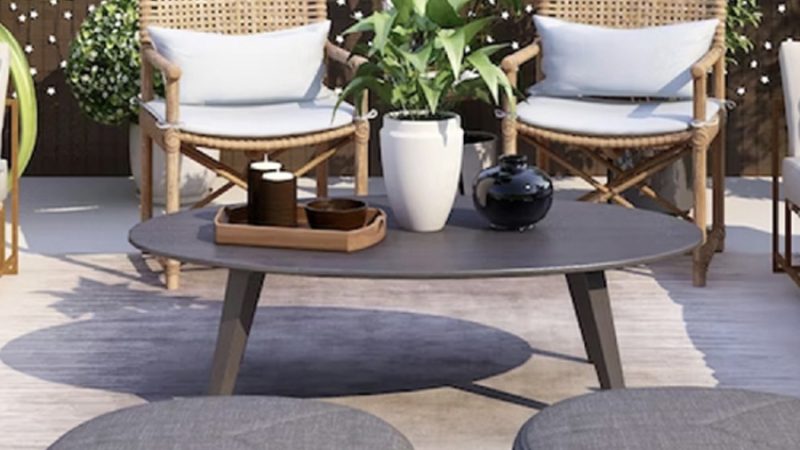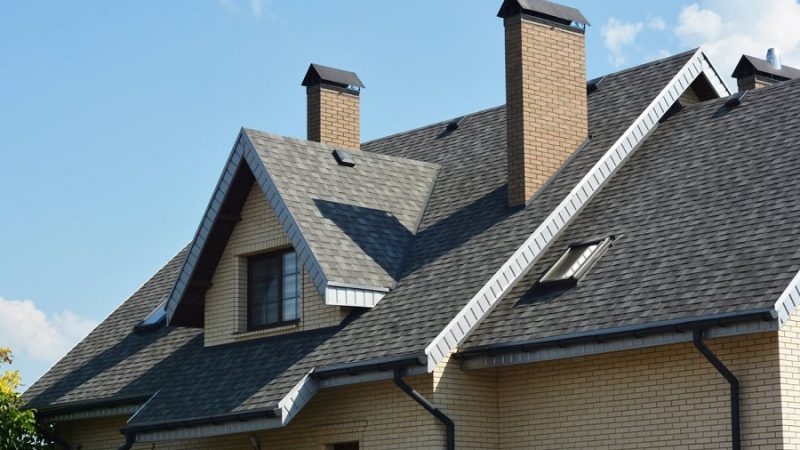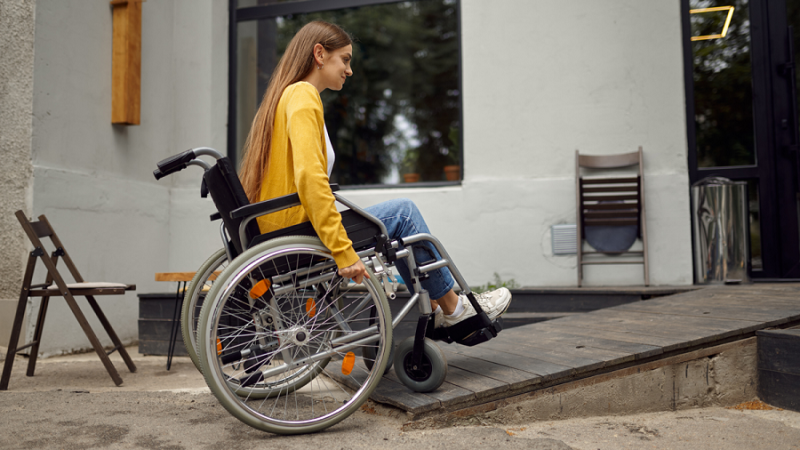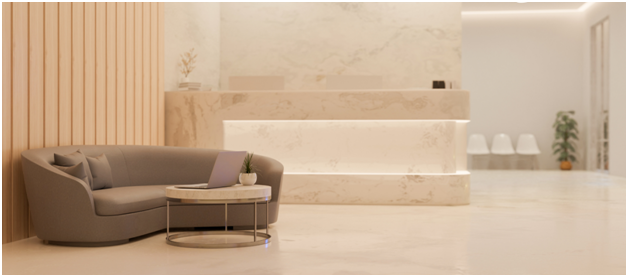Pipe Panic

Today we are going to address the dreaded issue of drain trouble. It is unlikely that your live will be devoid of some form of trouble with your plumbing pipes; most commonly, clogged drains. Now, although this may seem to some like a trivial matter, the effective working of your home’s aqua skeleton is imperative to a smooth-running household and those pesky clogged drains can develop into far worse consequences if not dealt with efficiently. Here, we will investigate how to diagnose, treat and prevent future blockages to maintain the integrity of your plumbing.
Symptoms
Keep an eye out for the following indicators of a clogged pipe:
- Water re-emerging from the drain or being slow to drain – when running tap and /or when flushing a toilet, this included the toilet water taking a long time to go back down
- Gurgling sounds and delayed draining
- A disagreeable smell arising from the drain, usually the kitchen sink or sink waste disposal
- Water filling up the shower bowl/taking a long time to drain
Remedy
When a blocked drain gets out of hand, most people will reach for chemical unblockers which can be bought in most local stores. STOP. Step away from the bottle! Contrary to popular belief (and advertising) these liquid unblockers are often NOT safe for your pipes. If it’s strong enough to genuinely remove the blockage, the likelihood is it is having a corrosive effect on your plumbing system. Don’t get me wrong, the effect will be minimal, to begin with, but over time this corrosion will eat away at the pipes more and more and cause irreparable damage to your pipes.
The best thing you can do for your pipes (and your wallet – in the long run) is to call in the professionals. Not only can they remedy the blockage but they will usually be able to decipher its origin and give you advice on how to prevent future issues. However, if for some reason you need a DIY approach to tide you over until you’re able to get it sorted properly, opt for vinegar and baking soda, followed by hot (not boiling) water.
Causes and Prevention
Here is a list of common causes of clogged drains and items which you should, therefore, avoid allowing into your plumbing system in order to prevent such issues.
- Wipes – Make up wipes, baby wipes, even flushable wipes (yes you heard right)
- Hair – Either check the drain after each shower or invest in a drain cover which helps to trap the hair before it gets down the drain
- Grease/oil/fat – It can be tempting to dispose of the leftover cooking oil down the drain but, for your pipes sake, refrain! Over time it builds up and causes nasty clogs which other debris stick to and aggravate
- Sanitary products – Opt for the bin instead – these products aren’t actually designed to be flushed
Blocked drains seem like a minimally invasive issue, which is why they are often left untreated. However, as we have discovered, this seemingly trivial problem can wreak havoc on your plumbing and have long term detrimental effects on your plumbing system is left untreated. Be sure to contact a professional plumber or plumbing heating and installation specialist and be diligent in your plumbing care.







